Optimal Timing for Water Treatments
Water treatments are essential for maintaining water quality, preventing buildup of contaminants, and ensuring safe use of water systems. The optimal timing for water treatments depends on various factors including water usage patterns, seasonal changes, and water quality assessments. Regular treatments help in reducing mineral scale, controlling bacteria, and extending the lifespan of plumbing systems.
Statistics indicate that water treatment effectiveness is maximized when performed before issues become severe. Typically, scheduling treatments annually or biannually aligns with seasonal changes, such as before summer or winter, when water demand and conditions fluctuate significantly.
Perform water treatments at the start of each season to prevent mineral buildup and microbial growth, especially before high-demand periods.
Regular testing helps determine the best timing for treatments based on contaminant levels and water hardness.
Scheduling treatments proactively reduces the risk of costly repairs and system failures.
Consider local climate and water source changes that may influence treatment timing.
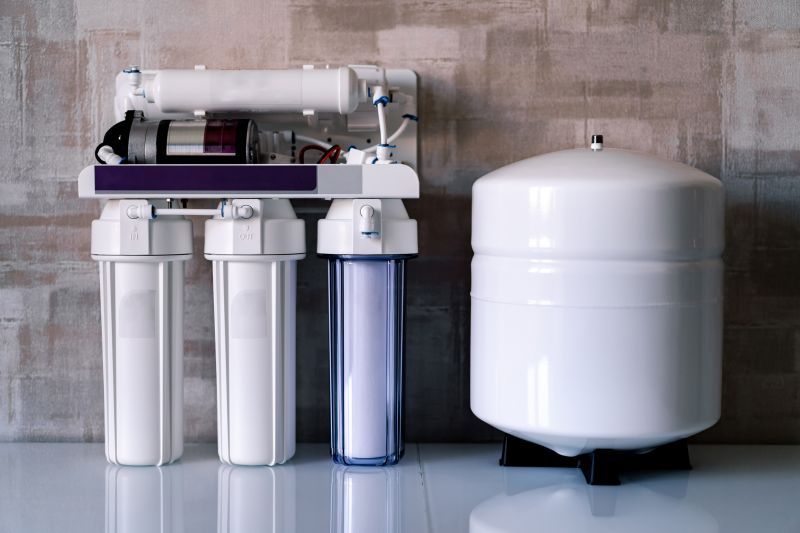
Various systems are used for different treatment needs, including filtration and chemical dosing.
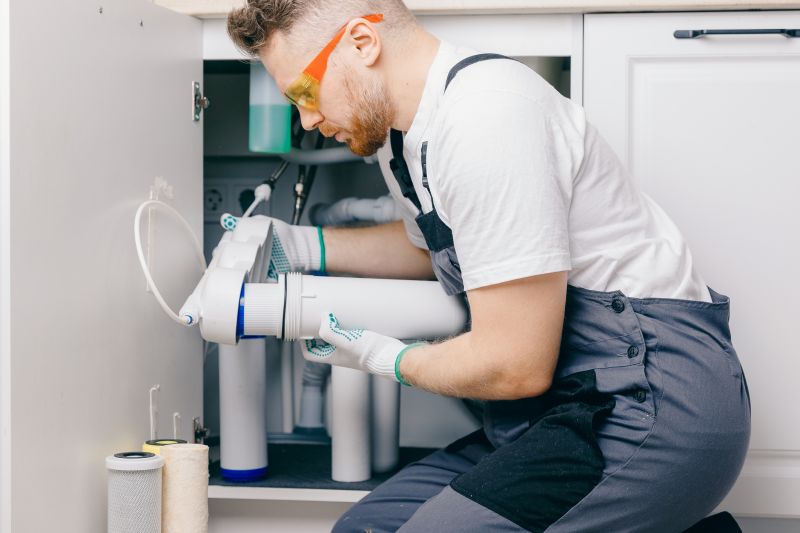
Chemical treatments are applied to control bacteria and scale formation.
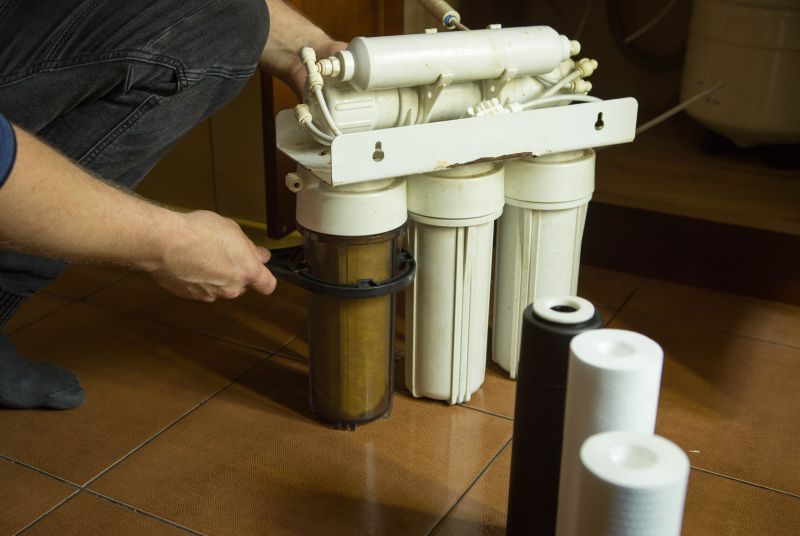
Filtration removes particulates and improves water clarity.
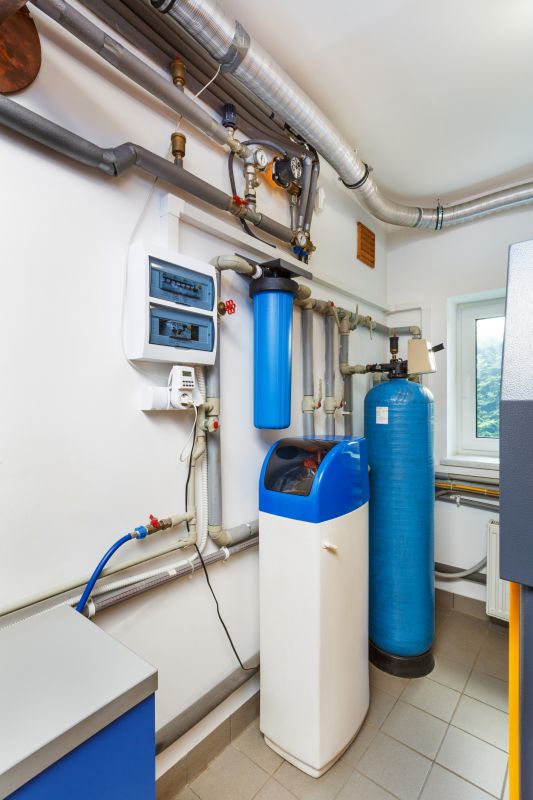
Ways to make Water Treatments work in tight or awkward layouts.
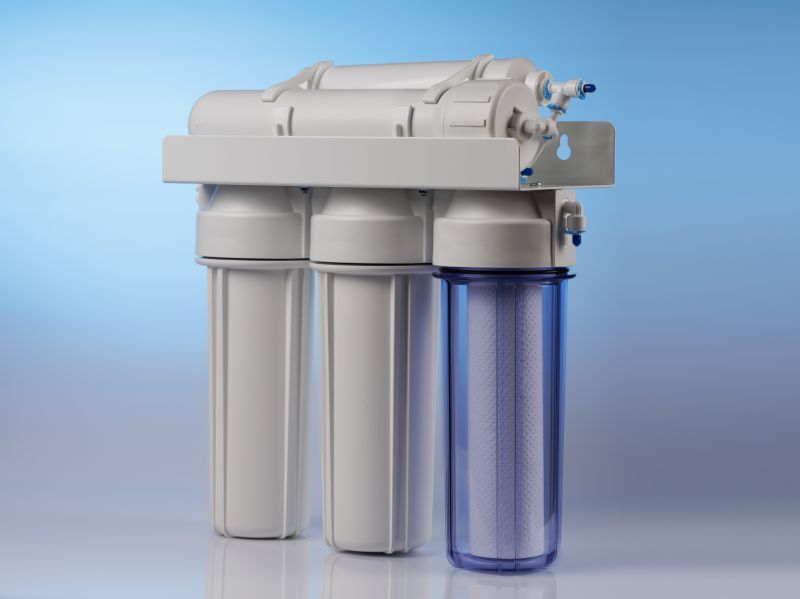
Popular materials for Water Treatments and why they hold up over time.
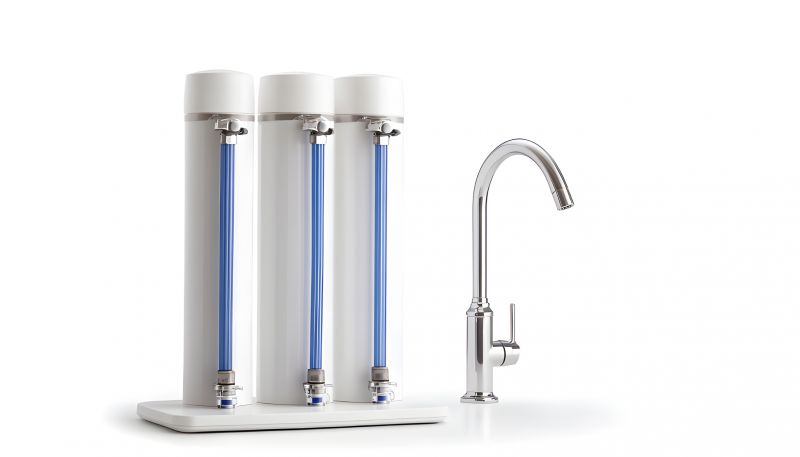
Simple add-ons that improve Water Treatments without blowing the budget.
| Aspect | Details |
|---|---|
| Optimal Treatment Frequency | Typically once or twice a year based on water quality |
| Seasonal Considerations | Treatments often scheduled before summer and winter |
| Water Usage Patterns | High usage periods may require more frequent treatments |
| Water Source Changes | Adjust timing if water source quality varies |
| Water Hardness | Hard water areas benefit from more frequent treatments |
| Microbial Control | Prevent bacterial growth with timely chemical treatments |
| Regulatory Guidelines | Follow local regulations for treatment schedules |
| Monitoring Results | Use testing data to refine timing |
Understanding the optimal timing for water treatments can significantly improve water quality and system longevity. Proper scheduling based on water source, usage, and seasonal factors ensures effective treatment and minimizes disruptions.
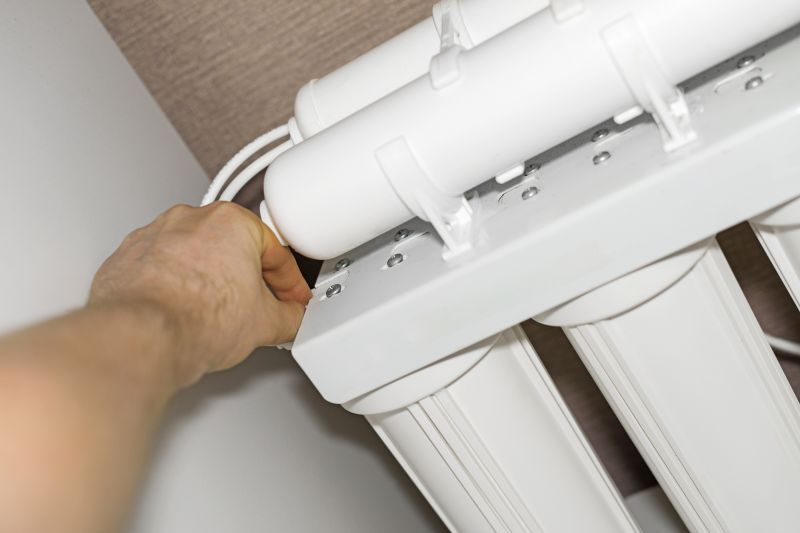
Installation and maintenance of treatment systems ensure ongoing water quality.
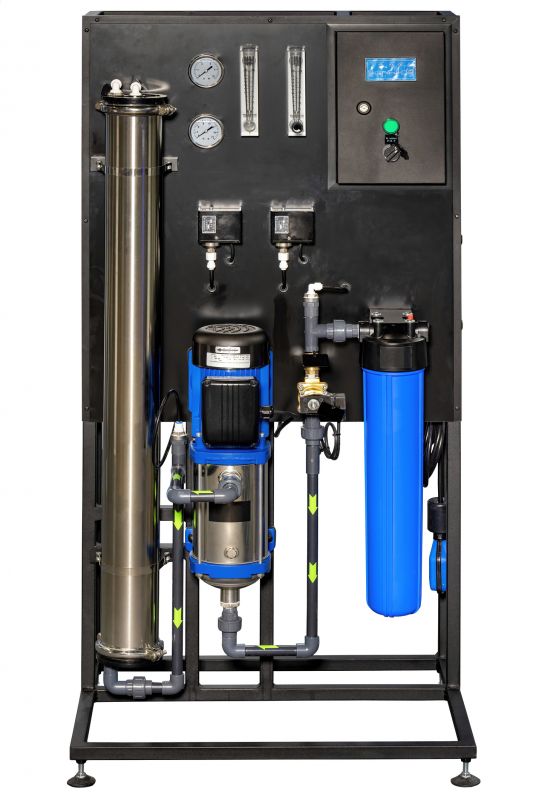
Precise chemical dosing is key for effective water treatment.
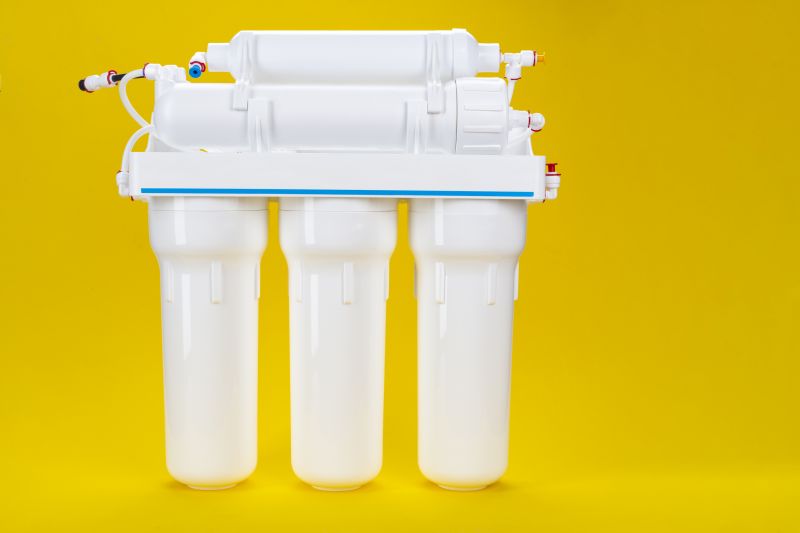
Regular testing helps determine treatment needs and timing.
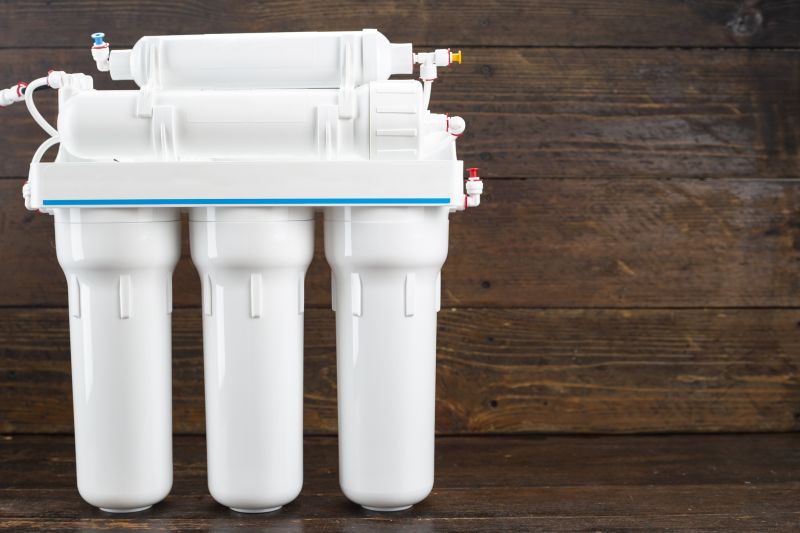
Clean, treated water ready for use after proper treatment.
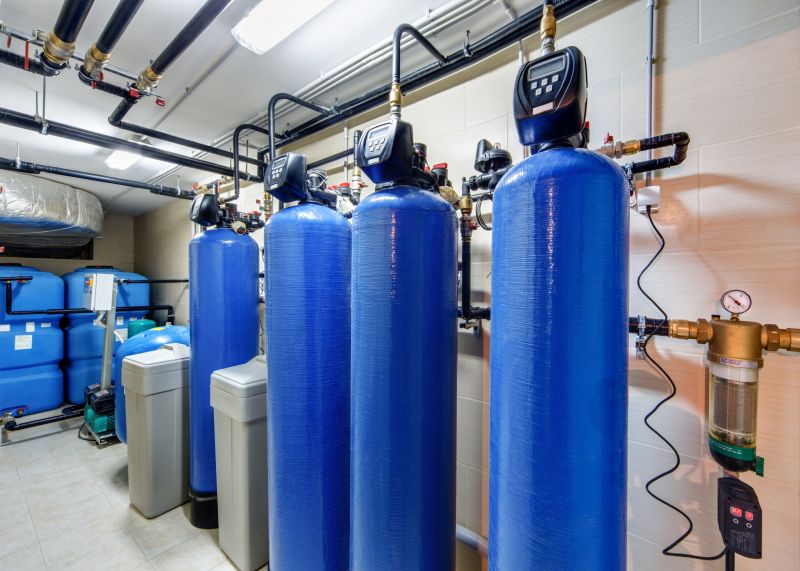
High-end options that actually feel worth it for Water Treatments.
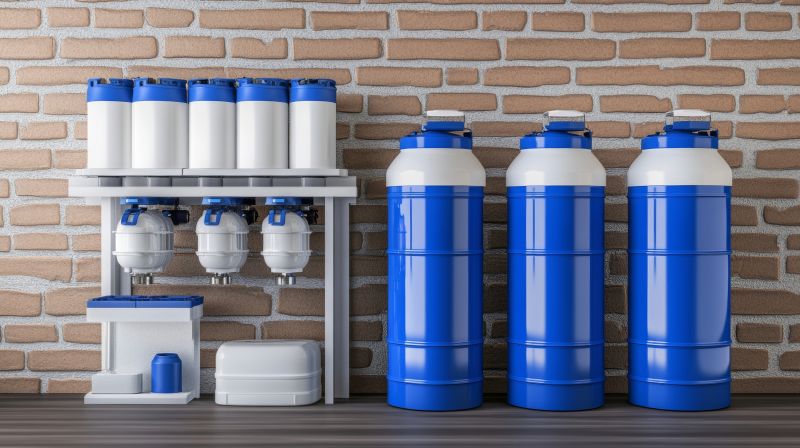
Finishes and colors that play nicely with Water Treatments.
Timely water treatments are crucial for maintaining water system efficiency and safety. Regular assessments and adherence to recommended schedules help ensure water quality standards are met consistently.
Interested in scheduling water treatments? Fill out the contact form to get started.

